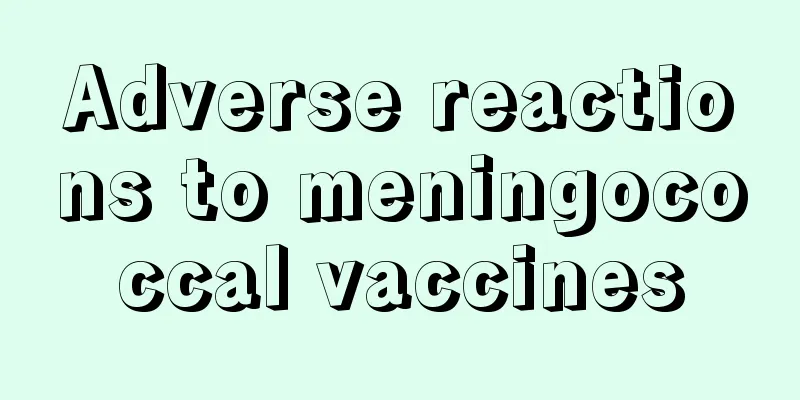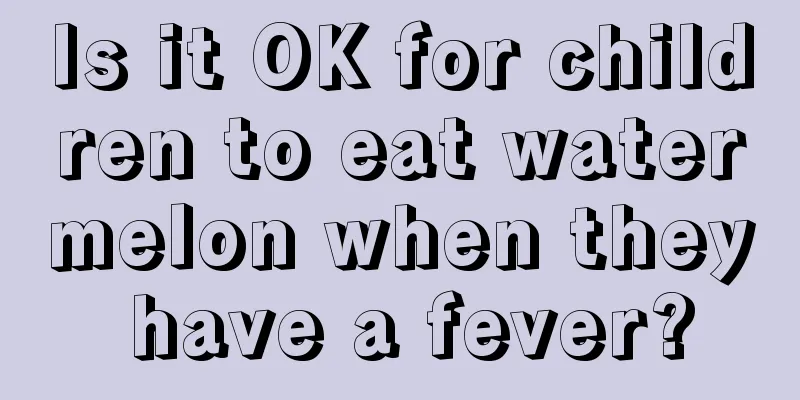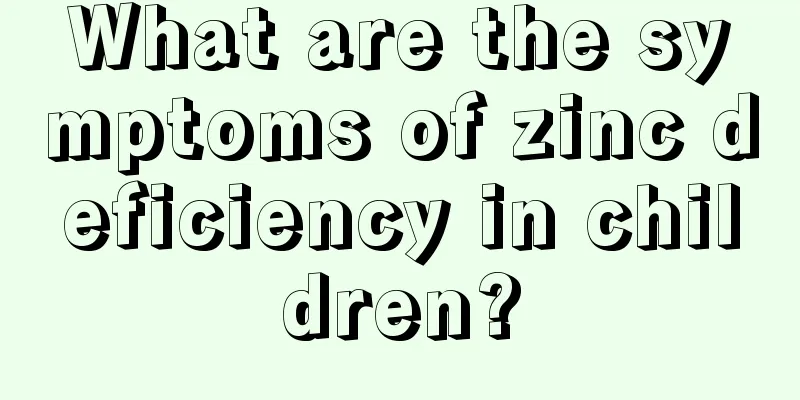Adverse reactions to meningococcal vaccines

|
Meningococcal meningitis is the abbreviation of epidemic cerebrospinal meningitis, which is commonly known as epidemic meningitis. Epidemic meningitis is highly contagious. It is a disease that seriously endangers patients. Many patients lose their lives due to delayed treatment due to lack of attention, and some patients are left disabled. The onset of meningococcal meningitis is mostly seen in children. It is more common in winter and spring, usually occurring from November to December before the previous year or from February to May of the following year. In order to reduce the harm of meningococcal meningitis to patients, my country began to develop meningococcal vaccine in the 1960s, but it was not successful until the 1980s when the meningococcal vaccine was successfully used clinically. So far, the meningococcal vaccine has been widely used, and many people are concerned about the adverse reactions of the meningococcal vaccine. After receiving the meningococcal vaccine, some people will experience mild reactions, such as redness, swelling, pain, and transient fever at the injection site, and rarely, swollen axillary lymph nodes. These reactions will generally disappear after 24 hours, so don't worry about them. Those with high fever can receive antipyretic and symptomatic treatment under the guidance of a doctor, and their condition will generally improve quickly. Some people with allergic constitutions may experience allergic reactions, such as rash, allergic purpura, etc., but severe allergic reactions rarely occur. If you have an allergic reaction, you should see a doctor immediately. Another thing that needs to be noted is that patients with a history of central nervous system diseases may experience epilepsy and convulsions after being injected with meningococcal vaccine. Types and specifications of meningococcal vaccines Group A meningococcal vaccine: After vaccination, this vaccine can produce humoral immune response in the body and is used to prevent epidemic meningitis caused by group A meningococci. Since the use of meningococcal vaccine, it has played a very important role in controlling and reducing the spread of meningococcal disease, and the epidemic has been basically controlled. Group A+C meningococcal vaccine: Group A+C meningococcal vaccine is generally used for children or adults over 2 years old. Group A+C meningococcal vaccine should not be used for children under 2 years old. The meningococcal vaccine has been clinically tested to be safe and reliable. It can be used for both infants and adults. Children use group A meningococcal vaccine, and adults can be injected with group A+C meningococcal vaccine. The meningococcal vaccine has no major adverse reactions. We hope that the general public can use it with confidence without worrying about adverse reactions to the influenza vaccine. |
<<: Can children eat Dendrobium?
>>: Can infants and young children eat Hericium erinaceus?
Recommend
Can children drink bird's nest? Can children drink bird's nest?
Nowadays, many children are weak and need nursing...
Introduction to treatment methods for baby's eyes tearing up when exposed to wind
Many new parents are not very experienced in feed...
The harm of taking roxithromycin for babies
We all know that babies have very thin throats wh...
Diet therapy for children prone to colds
In fact, children’s immunity is relatively poor i...
What should I do if a girl has lice on her head?
Everyone knows about parasites called lice. This ...
Causes and treatments for dandruff on baby's head
What is the situation when a baby has dandruff on...
Daughter with ADHD
My daughter's ADHD is caused by inattention, ...
Why does the newborn's skin turn yellow?
Many newborns have particularly yellow skin after...
What are the methods for children to lose weight?
Obesity seems to have become a common problem in ...
What causes insomnia in children?
Adults are very prone to insomnia due to work pre...
If your child has a stomachache, beware of these 7 dangerous diseases that parents should not ignore.
Many children have experienced stomachaches, and ...
Why does my baby's hair grow slowly?
Some babies' hair grows slowly after birth. A...
Symptoms and prevention of indigestion in one-month-old babies
Indigestion is a common problem for any newborn. ...
At what age do children start to change their teeth?
When we were young, we all experienced the proces...
Is it okay for a two and a half year old baby to sleep on his stomach?
A good sleeping position is very important for ba...









